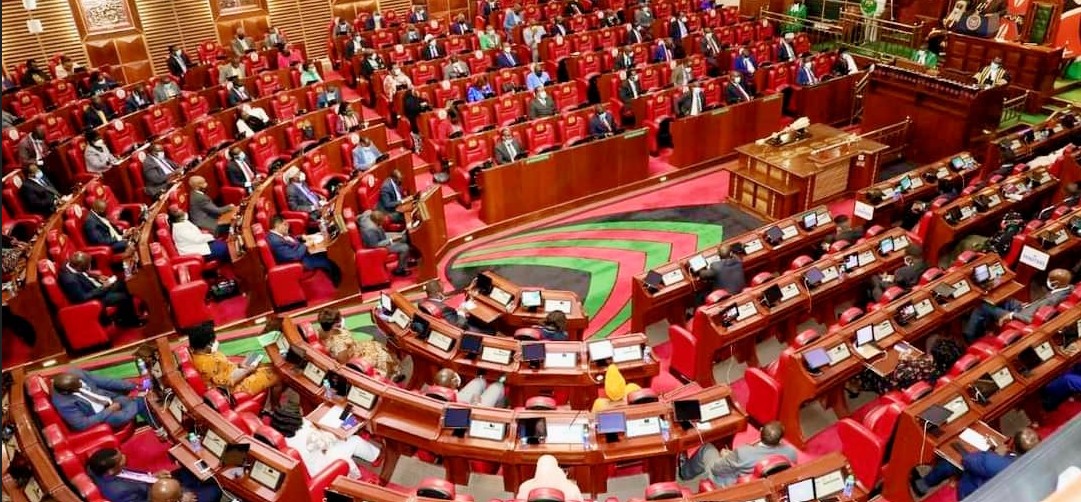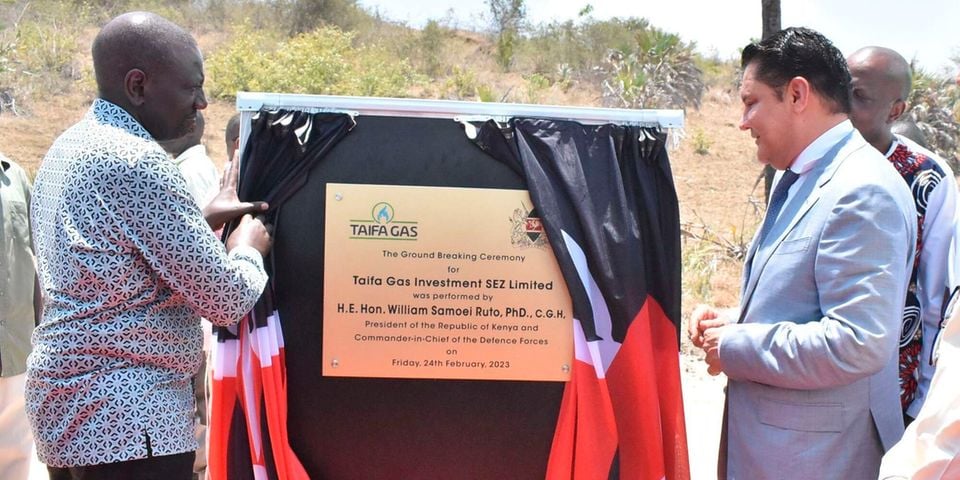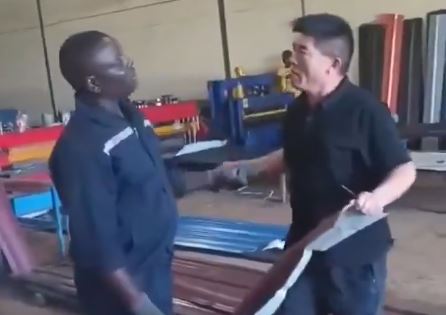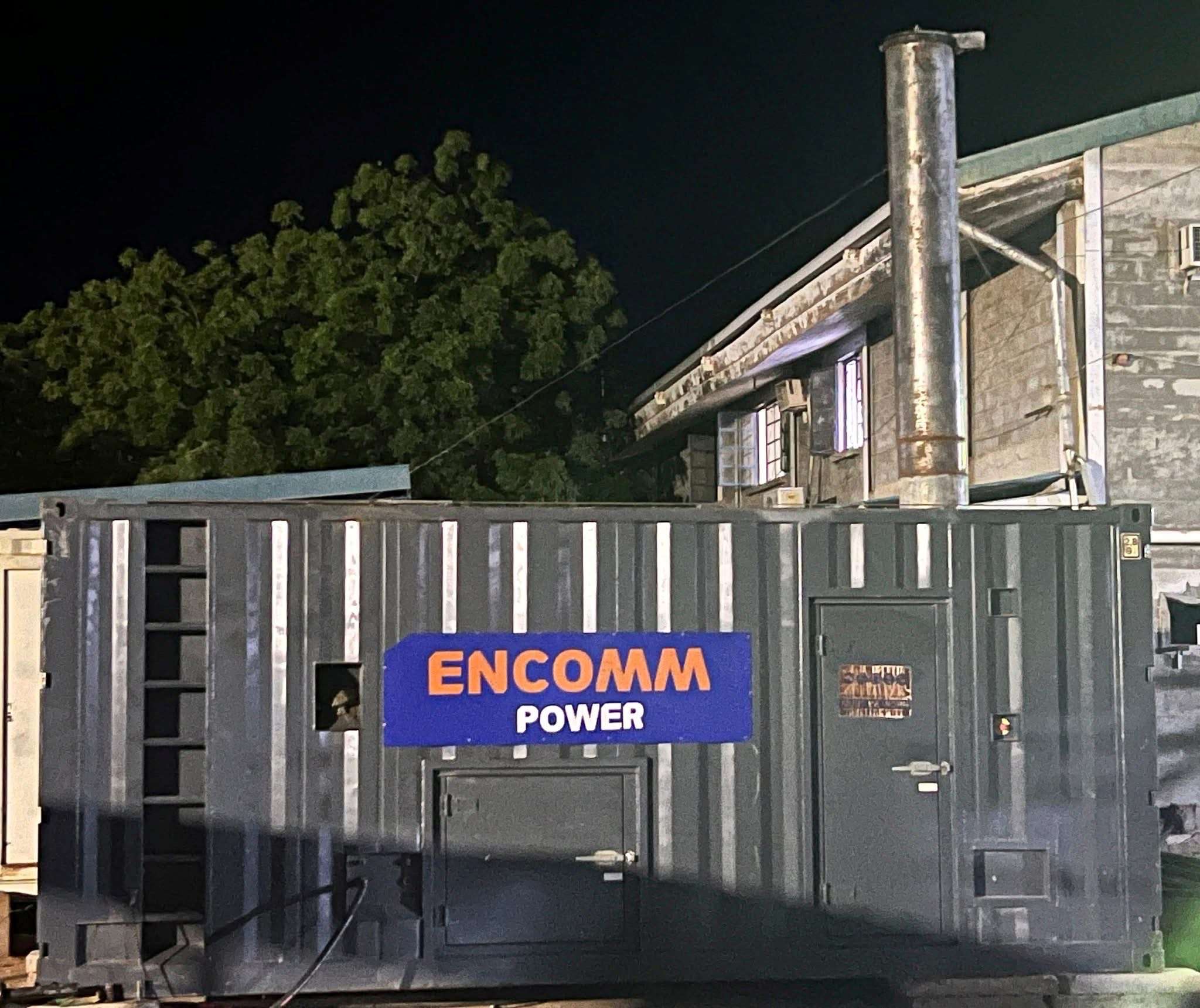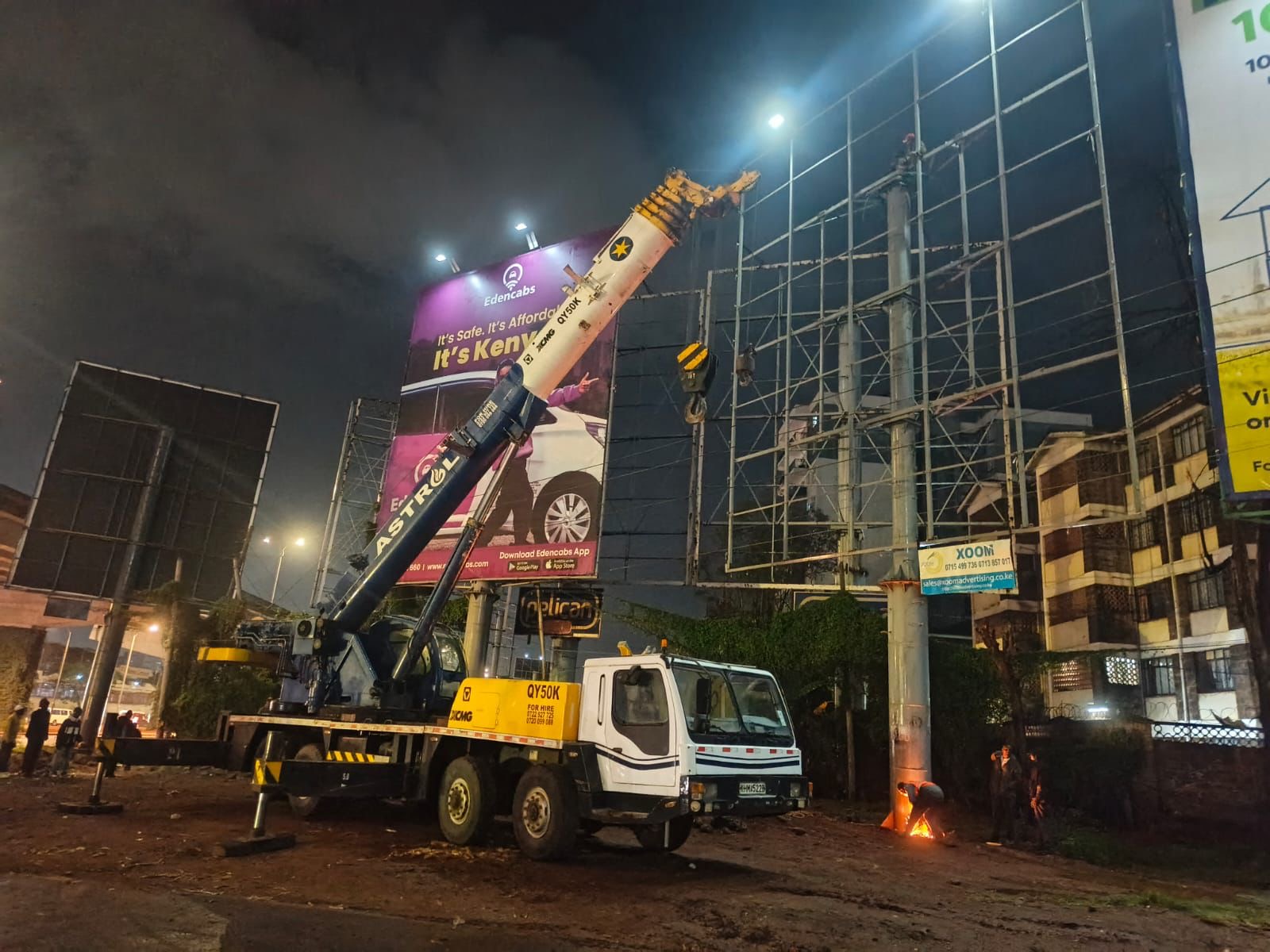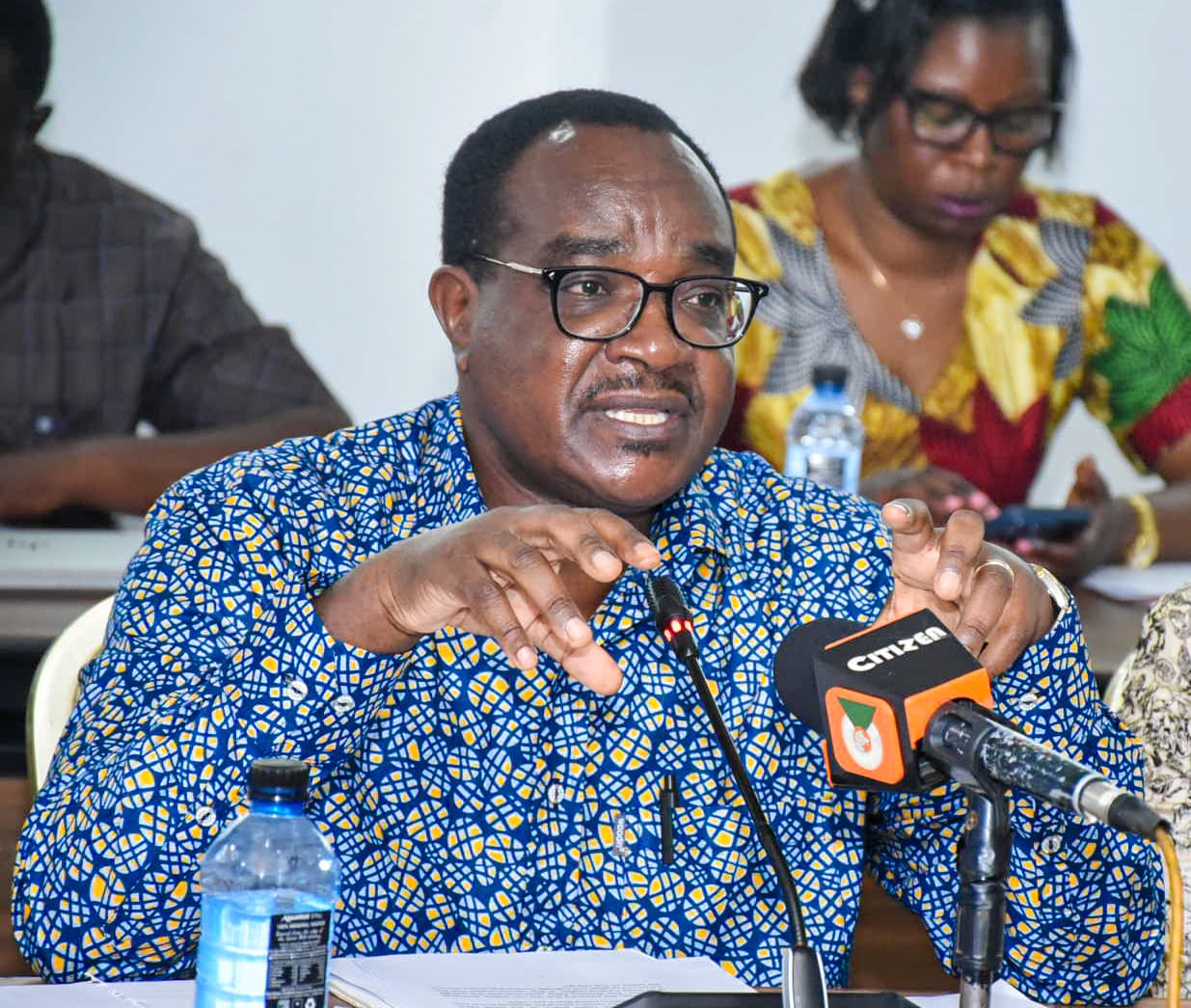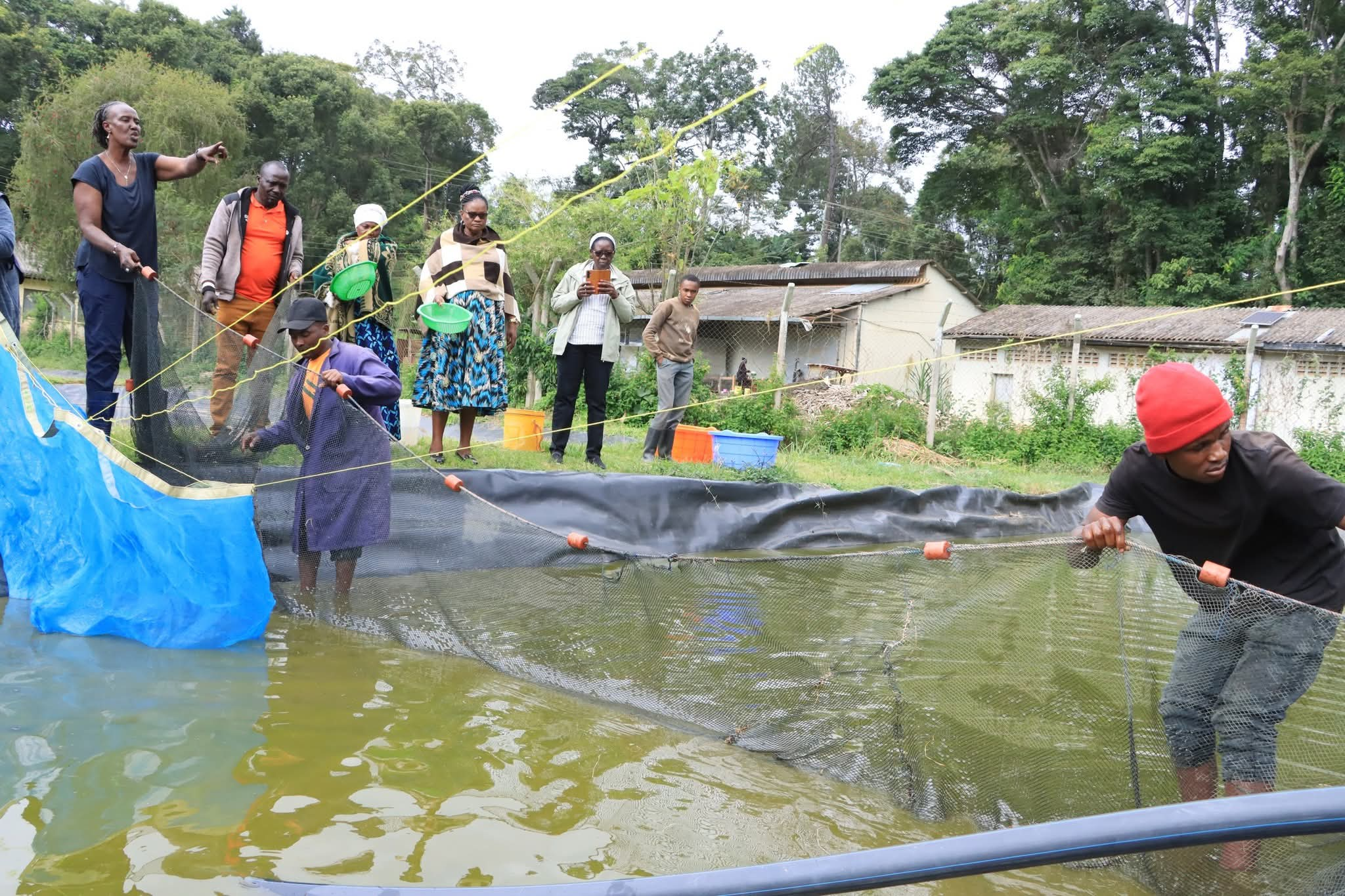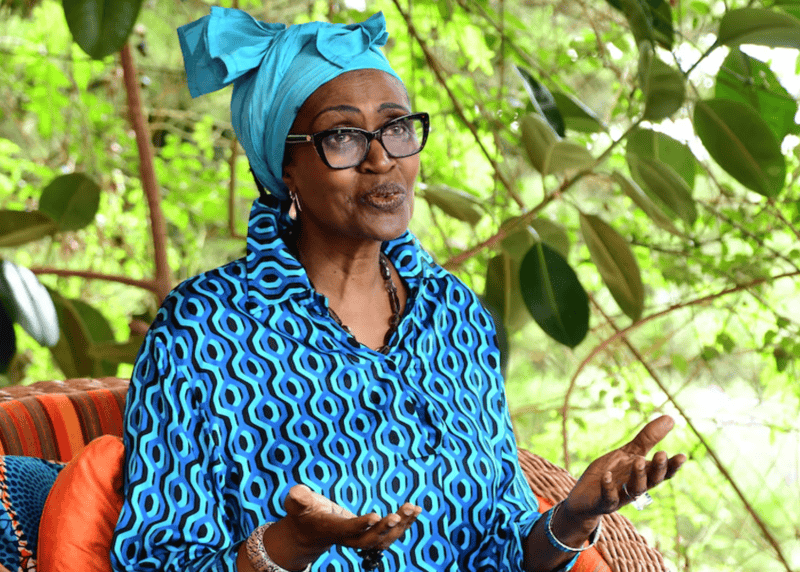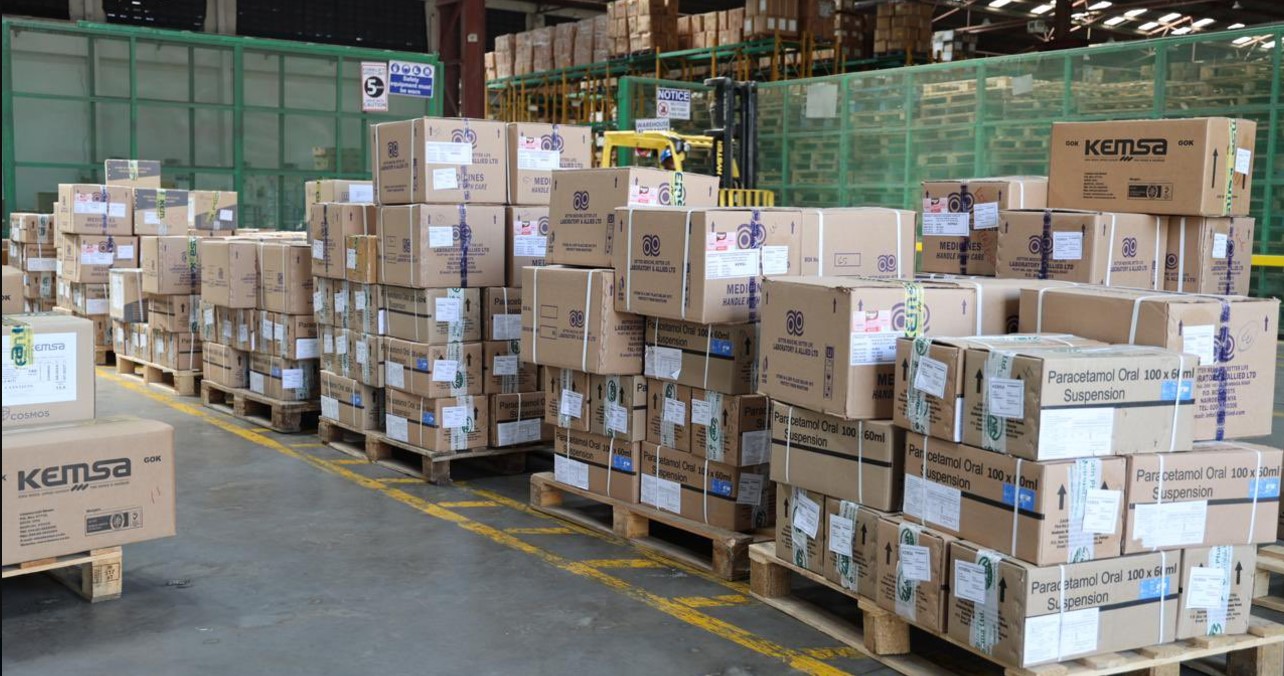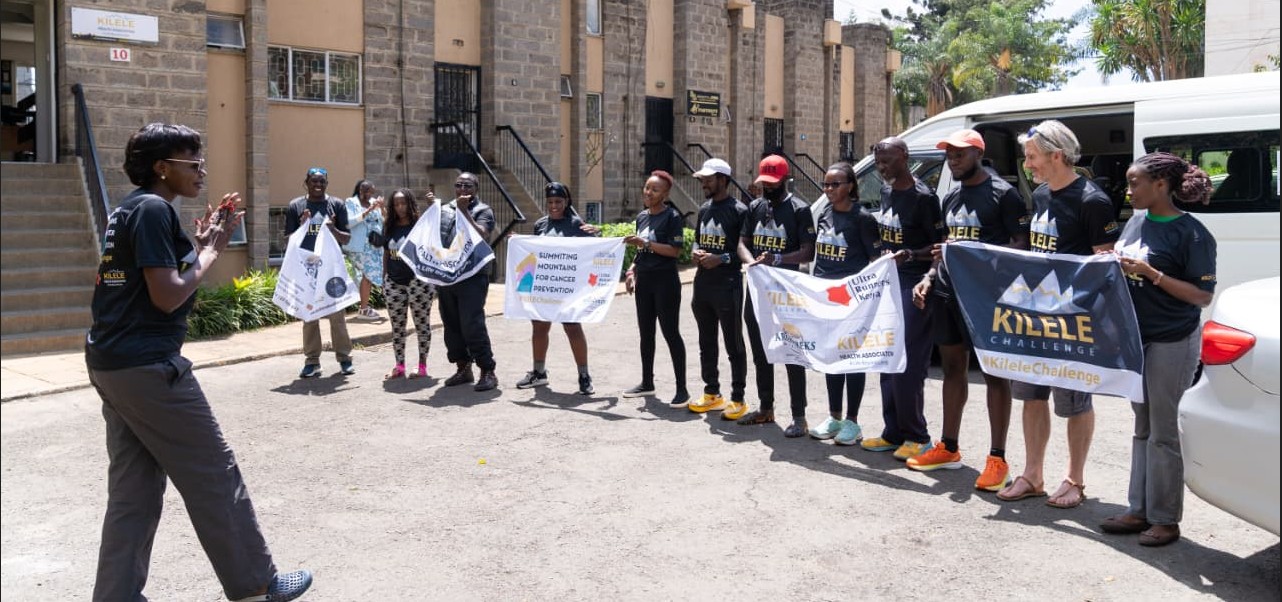Activists alarmed as Kwa Binzaro ‘Shakahola 2’ exhumations delayed, warn against mass grave
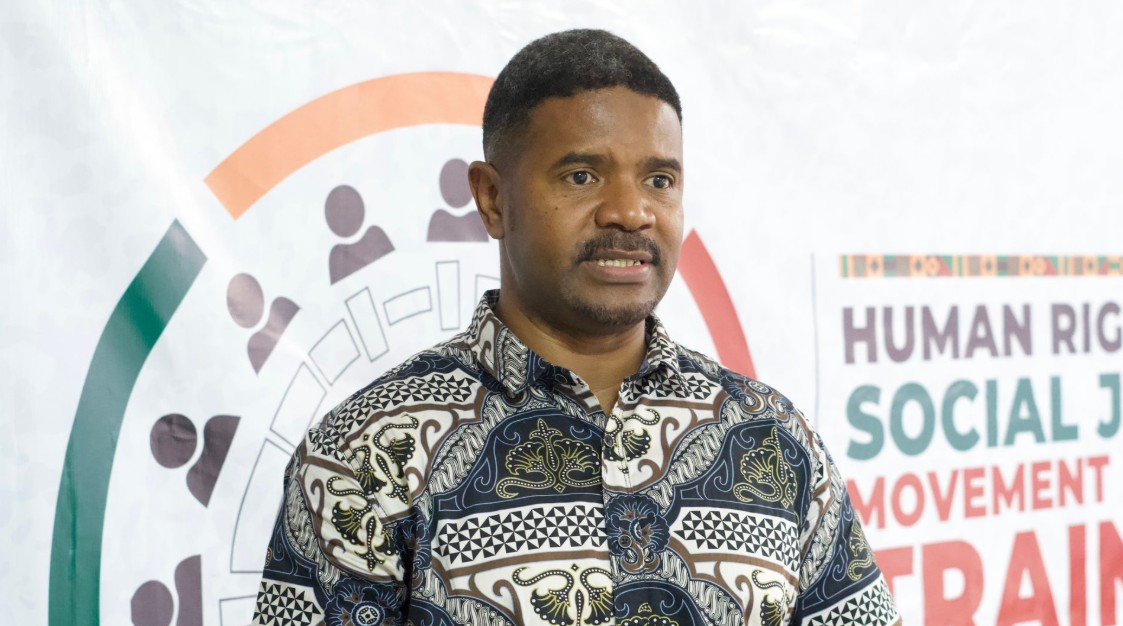
The fresh graves, now being linked to what activists are calling “Shakahola 2”, are believed to hold victims of a similar deadly cult associated with cult leader Paul Nthenge Mackenzie's Good News International Church.
Human rights groups have sounded the alarm over delays in the exhumation of bodies in Kwa Binzaro Village, Kilifi County, warning they will seek legal action if the government goes ahead with plans to bury victims of the first Shakahola massacre in a mass grave.
The fresh graves, now being linked to what activists are calling “Shakahola 2”, are believed to hold victims of a similar deadly cult associated with cult leader Paul Nthenge Mackenzie's Good News International Church.
More To Read
- Families recount tragic loss of children in Shakahola starvation case
- Uhuru played key role in securing release of activists Njagi and Oyoo – Irungu Houghton
- Rights groups demand repatriation of Kenyan teacher shot dead in Tanzania
- Pastor Mackenzie promised children wealth, helicopter if they followed his teachings - witness
- Marine research centre launched in Malindi to boost coastal conservation
- Court told Mackenzie secretly ate in custody as followers starved for eight days
Homicide detectives from the Directorate of Criminal Investigations (DCI) have already arrived in Malindi for the operation, which will be led by Homicide boss Martin Nyuguto, Chief Government Pathologist, Dr Johansen Oduor, and their team. However, activists say the process remains stalled despite court orders declaring the matter urgent.
Vocal Africa CEO Hussein Khalid accused the Interior Ministry of failing to stop the spread of extremist ideology, claiming jailed cult leader Paul Mackenzie has been communicating with his followers from prison.
“Saying that Mackenzie is reaching out to his followers from prison. Who is to blame, surely? You are the Cabinet Secretary for Interior. This person is in your hands, and you are allowing him to continue with a killer cult. There is complicity in the Ministry of Interior; they are not doing enough to curb the problem and Kenyans, in the meantime, are suffering and dying because of the incompetence of the Cabinet Secretary and his entire team,” Hussein said.
Activist Walid Sketty questioned why the exhumations had not begun two weeks after court clearance.
“Why the delay? Why is the government taking all this time to start the exhumation process? They went to court, and they certified the matter as urgent, and they were issued with orders to begin the exhumation, but two weeks later, nothing has happened. No exhumation has started; we want to know who is behind Shakahola because we are also confused. The main suspect behind Shakahola, one that the government believes is the biggest perpetrator, is Paul Mackenzie, but still, we see activities going on, we are still speculating a massacre, a cult going on at Kwa Binzaro Village. These are the questions that we need answers to,” Walid said.
Mass grave
He also condemned any plan to bury Shakahola victims in a mass grave before identification, stressing the need to give families closure.
“It is so sad when we hear a minister telling us that they are going to bury the bodies of Shakahola One in a mass grave that was not the purpose of exhuming the bodies. The purpose was to identify who these people are, give justice to the families so that they can find closure. Any attempt to bury people in a mass grave will go to court and stop them. The government cannot tell us they don't have money or the process is difficult or it is expensive because they have money to splash everywhere to please players, money to construct churches, we believe they have money to do that process,” Walid said.
Haki Africa’s Rapid Response Officer, Mathias Shipeta, criticised the government for failing to complete DNA matching for Shakahola victims and urged authorities to seek foreign help if needed.
“If they claim the process is too difficult, the same problem will arise with Kwa Binzaro. The DNA process must be prioritised,” he said.
Kilifi Social Justice Centre officer Samuel Kazungu accused the state of neglecting exhumation teams by failing to provide essential resources, including DNA reagents.
“Families submitted samples in large numbers, but no results have been released. We are told it’s because there are no reagents,” he lamented.
Preliminary police investigations show that children were among the first victims, dying from starvation, strangulation, or blunt force trauma before being buried in shallow graves. Detectives say the radicalisation cells have been operating since 2017 in Furunzi, Malindi, run by members of the Good News International Church, and served as holding centres before victims were taken to the forest to begin fatal fasting rituals.
Top Stories Today

